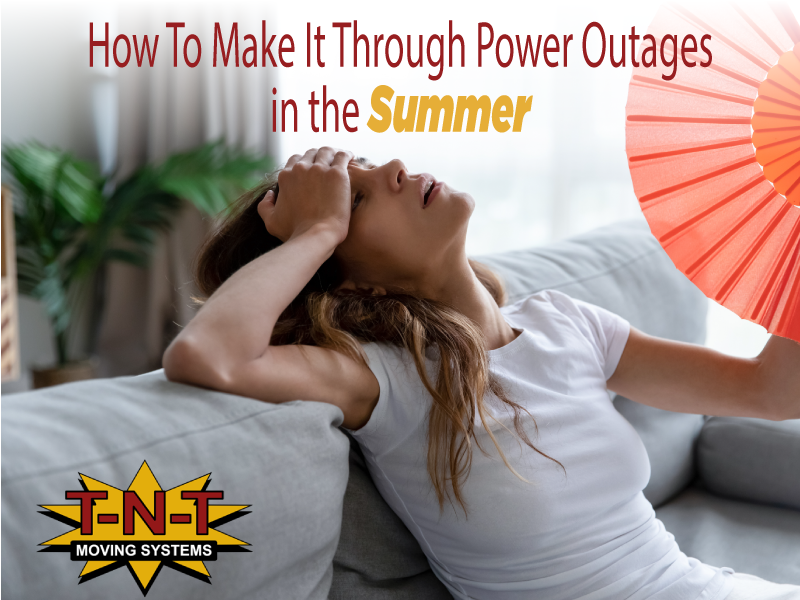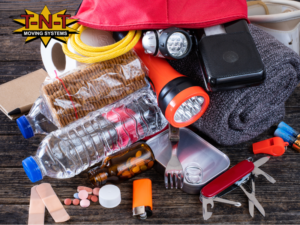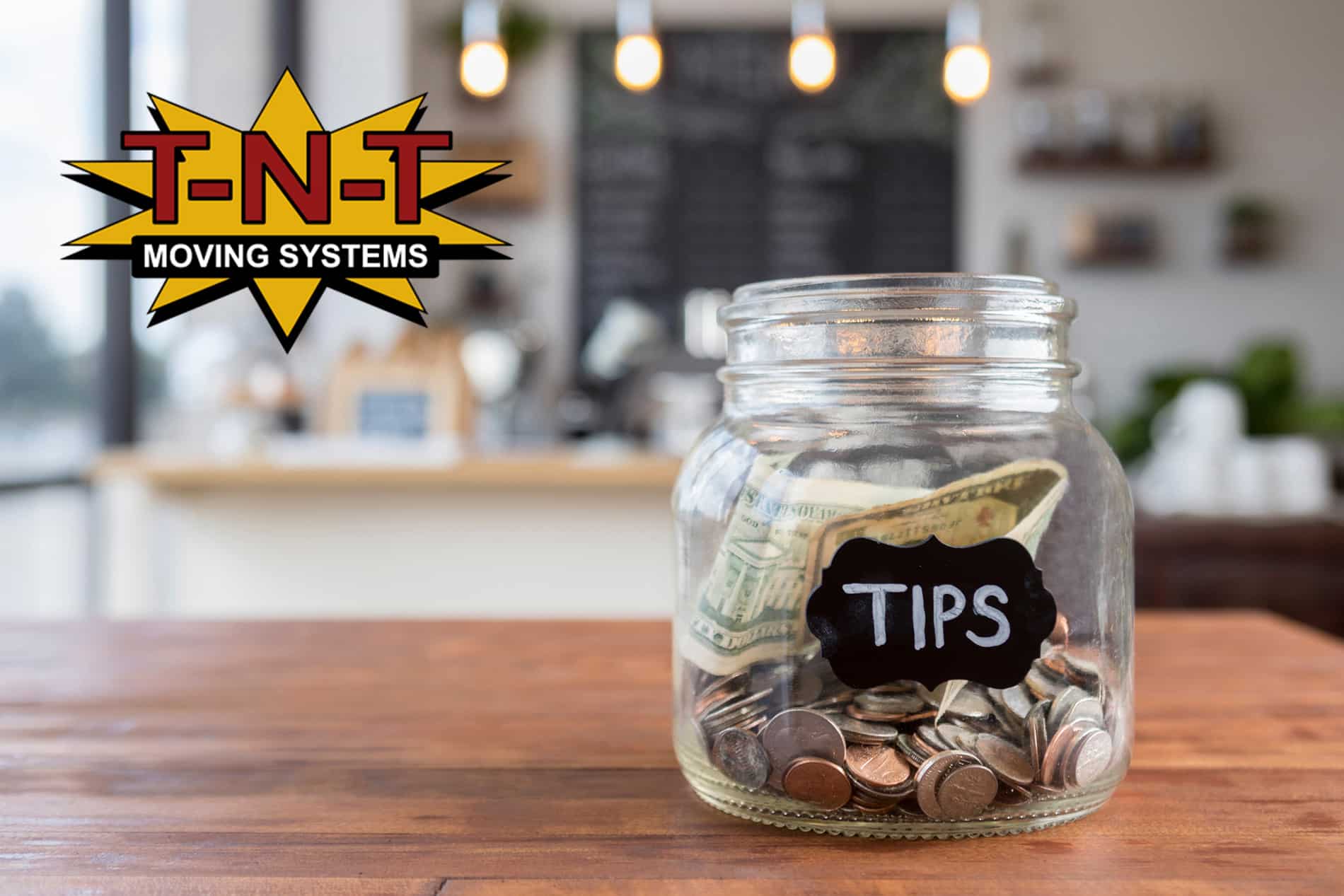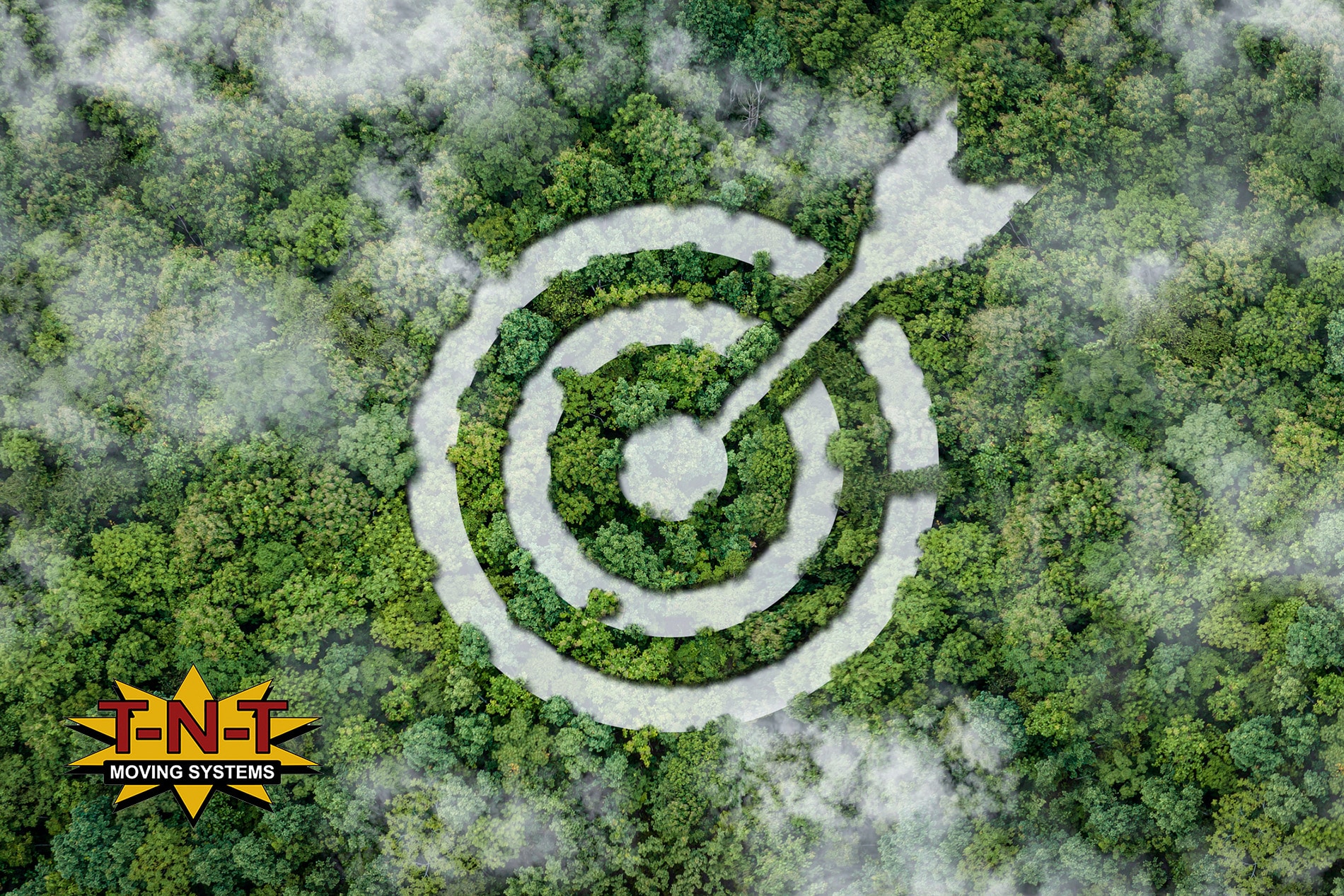How To Make It Through Power Outages in the Summer

Picture this. After a strikingly hot and humid North Carolina summer day, with temperatures hitting 100 at the peak of the day, nighttime sees the temperatures falling to a slightly cooler 73 degrees. After turning off all the household appliances, minus motion-activated night lights and plugging in your cellphone to charge, you flip the switches off and head to bed. A perfect night’s rest might strike a delicate balance between a ceiling fan, 68-71 degrees on the thermostat, and the soft choir of chirping critters outside—maybe even a daily thunderstorm rolling through town, an excellent background for a full REM cycle.
And then, the power goes out.
First thought? How long is this going to last? Second thought? Do I need to get out of bed? And third thought? AH, my fridge!
Now depending on the situation that caused the power going out, that range of thought can certainly vary. What doesn’t change is how you should prepare for a power outage, whether you’re faced with a long-term outage from damage sustained in a natural disaster, or just a summer storm knocking out the power for a day or so.
Emergencies can happen at any time! The best way to be prepared for an emergency is to have a plan in place. TNT Moving Systems has you covered on what to do and what you need to know in order to be ready in the case of a power outage.
Prepare a Lights-Out Box
In case of an emergency, it’s good practice to have a box set aside (somewhere you can easily find it, especially in the dark) to handle power outages.
What should I keep in my lights-out box?
- Bread
- Milk
- Toilet Paper
That was a test! If you laughed, you’ve lived in North Carolina for at least a year. If you didn’t find that funny, check out the aisles where the latter items are typically found at the store whenever the next state emergency, lockdown, call for snow, or impending hurricane hits the news.
So, what should I actually keep in my lights-out box?
- Flashlights
- Batteries
- Battery-powered lanterns
- An emergency radio
- Matches
- Lighter
- Whistle
- Glowsticks
- First-aid supplies
- Prescription medicines
- Digital thermometer
- Water for three days
- Dried and canned food for three days
- Portable phone charger
- USB cable
Most of the items are pretty self-explanatory, but note that government agencies and survivalists don’t recommend gas lanterns or candles as your go-to during a power outage. Battery-operated lights are the safest option, especially in regard to setting an accidental fire.
Keeping your devices charged can be vital to receive news alerts and to keep in contact with relatives and friends. You’ll want to be able to call the power company to report the outage, as well to receive any updates it.
Fill Your Tubs and Sinks with Water
In case of a power outage being extensive and rendering the water sanitation system not functional, you’ll want to ensure you have enough clean water for a few days.
In addition to any bottled water, filling up your tub and sinks provides you with water to cook and clean with. If you don’t have a bathtub, it would also make sense to use any clean buckets and pots or large bottles you have on hand and fill them with water as well. You can drink water from your hot water heater, as well. You’ll want to fill whatever you have on hand if you suspect the power may go out for an extensive period of time.
Did you know…
The most serious problems from a power outage are water related? According the National Academies of Sciences, Engineering, and Medicine, an adequate daily intake for a woman is 2.7 liters, and 3.7 liters for men. Moreover, an average American uses about 300 gallons of water per day. Those 300 gallons are used up mainly between our appliances, think: faucets, showers, toilets, clothes washers, and dishwashers.
When the power goes out, such as when a storm involving very heavy rains and flooding, you should prepare for water contamination and potentially being without running water. While you certainly won’t be able to stock up for 300 gallons a day, you’ll want enough water on hand to ensure your basic needs are met for at least a few days.
Understand your water situation at your current residence. Are you on city water? Do you rely on electricity to pump well water? If the power goes out, water purification systems may no longer work. In this case, you need to have safe water for drinking, cooking, and your personal hygiene. Safe water includes bottled, treated, or boiled water. To disinfect your water, you can either boil your water for 1 minute before use, or disinfect with bleach. To disinfect with bleach, add 1/8th teaspoon (8 drops) of unscented household (5.25% concentration) liquid bleach for each gallon, stir well, and let it sit for at least 30 minutes before use.
While water from the tap stored in a bathtub or sink may not taste great, staying hydrated is very important. Adding a powdered mix like those for flavoring water, Nesquik, or Hi-C are great solutions for masking the taste, or if it’s colder outside, you can always make use of instant coffee, tea bags, hot apple cider mix, and cocoa on hand to stay warm.
Have a hygiene plan in place
Think you’re going to lose power? You should start eyeing any piles of laundry and dishes. You’ll want enough clean clothing and at least some dishes available for use (not talking about fine china here, guys) for a few days. If you use cloth diapers with your child, consider having an emergency pack of disposable diapers.
Hand washing for 20 seconds is more important than ever in 2020, and you’ll want to ensure that you have soap and water for frequent hand-washing. If you’re closely rationing your water, use alcohol based hand sanitizer.
Remember how we filled our bathtubs and sinks up with water? Well, besides your one first freebie flush, the toilet won’t refill during an outage! This is where your stockade of water comes in. It should probably go without saying, but you’re not going to want to flush very frequently during an outage. Preserve your water supply, and be crafty. For example, you don’t need clean water to flush a toilet. Use dirty dishwater, water from laundry, or leftover water from brushing your teeth or washing your face.
If you aren’t able to flush, you can put a garbage bag in the toilet and change it regularly. If you’re more rural-located, you may be able to set up a composting place outside away from any water sources to safely dispose of human waste. If you’re located in an urban area, such as uptown Charlotte, and living in a shared space like an apartment or condo complex, you will want to set up any compost area at a community level and communicate with your neighbors. Without clean water and normal hygiene and sanitation levels being met, community spread of illness can be rapid.
Also, don’t forget to have a reserve of toilet paper!
Keep a reserve of food, and try to avoid spoils
Your refrigerator can keep food cold for about four hours if left unopened, and a full freezer can keep food cold for 48 hours, and a half-full freezer will keep food cold for 24 hours, all dependent on the doors remaining closed. Check your fridge thermometer to ensure the freezer is at or below 0° and the refrigerator is at or below 40°. Move easily spoiled and not immediately needed items like milk, leftovers, fresh meat, eggs, etc. into the freezer so that they may be kept at a safe temperature longer. The closer the food is together in the freezer, the longer it will stay cold.
If any previously refrigerated food is above 40° F for more than two hours, or 1 hour at temperatures above 90° F, then the food must be discarded – it is not safe to eat. After the power comes back on, if the temperature of the fridge is 40° F and freezer is 40° F or below, then it is safe to refreeze and cook.
In addition to a freezer, coolers are great to have on hand. The ice tray from the freezer, purchasing ice, or freezing gel packs or bottles of water are great to have stored in the freezer in case of an emergency.
If there is any risk of flooding and coming into contact with contaminated water, move all food onto the highest shelves. The same should be done for a supply of bottled water.
Be mindful of refrigerated medication
Many drugs require refrigeration to maintain their strength. Read the labels on all refrigerated medications for instructions on how they should be stored. If the medication is essential to one’s livelihood and has been kept at room temperature during the outage, then the CDC recommends using the medication only until a new supply can be provided. If the power is out for more than a day, refrigerated medication should be thrown out and replaced.
Stay cool without A/C during an outage
The CDC warns that heat stroke, heat exhaustion, heat cramps, fainting, and dehydration are among the most serious heat related illnesses. If someone is without access to emergency care or treatment, heat illnesses can cause death or permanent disabilities.
- For those at a higher risk of heat illness, seek out an aid shelter by contacting your local health department or find a public space with air conditioning that you can spend a few hours in, if possible. Even a few hours in air conditioning can make a difference.
- Go low. Heat rises, and cool air collects downstairs. A basement is the perfect place to be when the power grid goes dark.
- Keep shades drawn and windows closed during the day, and at night, keep your windows open to let cooler evening air in. You want to avoid direct sunlight on yourself and your home, as much as possible.
- Close off the warmest rooms in the house; think: doors to upstairs rooms, or rooms that are just naturally warmer than the others.
- Hang wet sheets. It worked for the Egyptians, and it will work in 2020. Be mindful of your water supply, of course, but damp sheets hung in doorways and windows can help cool your home through evaporation. Before bed, you can also dip and wring out your sheets in water to cool the air around you.
- Keep a misting bottle on hand for every person in the family, equipped with clean water.
- Wear loose-fitting, light-weight, and light-colored clothing. Bathing suits actually have the best breathability!
- Invest in some quality, battery-powered fans.
Unplug your electronics
Any sensitive electronic items or appliances like computers, laptops, gaming systems, cell phones, and TVs should be unplugged to be protected from a potential power surge when the power returns.
Check on your neighbors
While you may be prepared for an emergency power outage, others may not be. Check on your neighbors, and ensure that they also have a flashlight, water, and food. Have a plan for communication to ensure that they can be checked on regularly if there are concerns for their safety, especially those who are elderly, have young children, or persons with disabilities.
TNT Moving Systems: Plan, Prepare, Act, and Help Others
For more information on how to prepare for and handle power outages, we recommend resources such as the CDC, FDA, Ready.gov, FEMA, and the local Charlotte government health department. While most power outages are brief and resolved within a day, it’s important to be prepared for prolonged outages. Remember to stock your lights-out box and reserves, develop an emergency plan to address the needs of your family, prioritize clean water, and stay safe out there!




